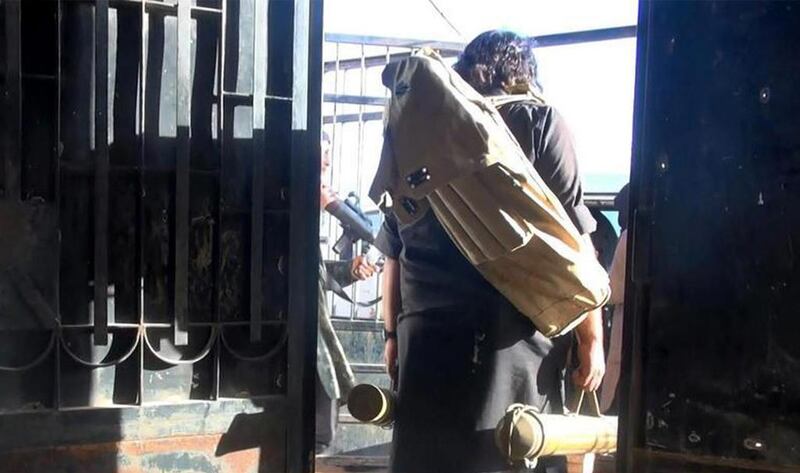A British aid scheme designed to fund a Syrian civilian police force has been suspended amid allegations the money was being diverted to terrorist organisations.
An investigation by the BBC’s Panorama programme claimed that funds from the project, which is backed by Britain’s foreign office, were being taken by extremists, while the police officers themselves were working with courts accused of torture and summary executions.
The Free Syrian Police force (FSP) was set up in 2012 to bring law and order to areas of the country in control of those opposing the rule of Bashar Al Assad.
The UK is one of six countries that supports the scheme, which has been managed by British company, Adam Smith International (ASI) since October 2014.
ASI said it manages “taxpayers' money effectively to confront terrorism, bring security to Syrian communities and mitigate the considerable risks of operating in a war zone”.
However, after reviewing ASI documents, Panorama found that police officers in Aleppo province were being forced to hand over cash to Nour Al Din Al Zinki, an extremist group in control of the region.
Nour Al Din Al Zinki, which has been linked with atrocities including the beheading of a young prisoner, was taking 20 per cent of police officers’ salaries in the area to pay for security, while FSP officers were involved in turning over criminals to a Zinki court.
_______________
Read more:
[ Syrian and Russian jets bomb residential areas in eastern Ghouta ]
[ US senior official estimates 80% of Assad fighting force is Iranian sourced ]
[ Syrian Kurdish YPG says areas east of Euphrates now free of ISIL ]
_______________
Panorama said that Jabhat Al Nusra, the Syrian branch of Al Qaeda, had chosen police officers in two stations in Idlib province, while the FSP has supported courts run by the extremist group which carried out brutal executions. One allegation relates to an incident in December 2014, when two FSP officers were present when two women were stoned to death.
Furthermore, the documents revealed that when ASI’s staff visited a police station in Koknaya, near Idlib in September 2016, they could not find a single police officer working there, despite the fact that 57 officers were supposed to be on the payroll. Panorama alleges that dead and fictitious people were on the payroll.
ASI has strongly refuted the claims. The contractor said that funding to stations paying Nour Al Din Al Zinki had been stopped in August 2016, while officers put in place by Jabhat Al Nusra were removed within two months.
The organisation said it has to use cash because there is “no practical alternative”. It added that on subsequent trips to the police station in Koknaya, officers had been accounted for, while very few dead or fictitious officers were on the payroll.
ASI said in a statement that it had “managed the project successfully alongside our partner in an extremely challenging, high-risk environment under the close supervision of the Foreign and Commonwealth Office and five other governments.”
While the British foreign office, which confirmed on Sunday evening that it had suspended payments to the scheme, said it was probing the claims.
“We take any allegations of co-operation with terrorist groups and of human rights abuses extremely seriously and the Foreign Office has suspended this programme while we investigate these allegations,” a government spokesman said.
“We believe that such work in Syria is important to protect our national security interest but of course we reach this judgment carefully given that in such a challenging environment no activity is without risk. That's why all our programmes are designed carefully and subject to robust monitoring.”







